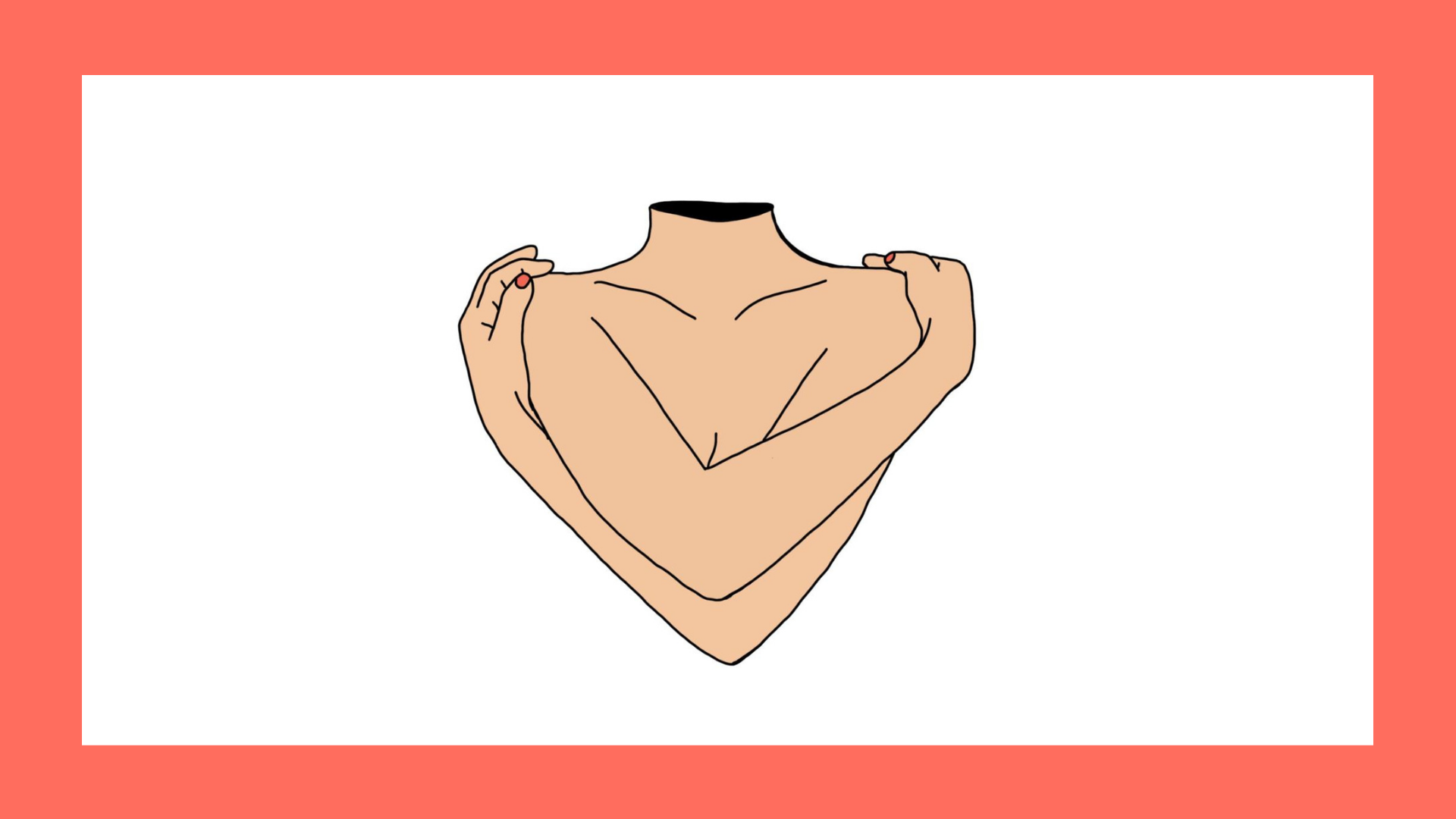
Making the decision to start therapy is big, but choosing which type of therapy to go for is even bigger. With over 50 different types (or ‘modalities’ if we’re getting nerdy) to choose from, it’s no wonder we can feel overwhelmed before we’ve even begun.
Fear not, pal. We’ve got you.
Use this quick and simple guide to cut through the noise, navigate different therapeutic approaches and make an informed choice that works for you.
Understanding Different Therapy Types
Therapy’s not a one-size-fits-all model. We’re messy, human individuals, and whilst there’s a lot that unites us, most therapists know that the most effective approach is a custom blend of different therapeutic modalities. So it’s essential to work with a therapist that can effectively identify what’s right for you.
Here’s a rundown of the most common (and effective) therapy types that your therapist will use as the basis for that special custom blend.
1. Psychodynamic Psychotherapy
Rooted in psychoanalysis, psychodynamic therapy explores how past experiences, and our unconscious mind, influence current behaviour. Like a mental archeologist, a Psychodynamic Psychotherapist will dig deep into our emotions, relationships, thought patterns and, as trust is built, will encourage us to reflect on our childhood too. Through techniques like free association and transference, this approach can help us gain deeper insights into our past and present.
TL;DR: Psychodynamic therapy is a bit like dusting off an old photo album and flipping through past memories to understand how they’ve shaped who we are today.
2. Integrative Counselling & Psychotherapy
Integrative therapy combines different techniques to address our mental, physical, and emotional needs. A holistic approach that adapts to our personal growth, this type of therapy is ideal if we’re seeking comprehensive support, though it often requires some time commitment.
TL;DR: Imagine a personalised smoothie made just for us—blending different ingredients to match our unique tastes and needs.
3. Existential Psychotherapy
More philosophical in nature, existential therapy focuses on the human condition and personal responsibility. Most interested in the here and now, it’s about confronting anxieties and making meaningful life decisions, prioritising the present moment rather than digging into the past.
TL;DR: Existential therapy is like standing at a crossroads, choosing our path with a map that only shows the roads ahead, not where we’ve been.
4. Arts Psychotherapies
Talking not your bag? Arts-based therapy offers a creative way to express emotions that can be difficult to put into words. Whether through drama, movement, music, or visual arts, this type of therapy allows us to explore our feelings in a non-verbal way.
TL;DR: Arts-based therapy is like painting a picture when words just aren’t enough—sometimes a colour or shape can say more than a sentence ever could.
5. Cognitive Behavioural Therapy (CBT)
CBT is the ‘get shit done’ approach to therapy. Practical and solution-focused, it’s widely recognised for treating anxiety, depression and other common mental health issues. It focuses on changing negative thought patterns and behaviours. CBT sessions are usually brief (6-12 sessions) and include exercises to help us practise new skills outside of the therapy room.
TL;DR: CBT is like a mental workout. Just as we train our bodies, this therapy trains our minds to develop healthier habits and stronger thinking patterns.
6. Humanistic Therapies
Humanistic therapy emphasises self-development and personal growth. It encourages us to explore our worldview and achieve self-acceptance. Humanistic approaches like Gestalt therapy, person-centred therapy, and transactional analysis focus on our present experiences and potential for self-improvement.
TL;DR: Humanistic therapy is like planting a garden; we’re nurturing our inner selves to grow and flourish with the right care and attention.
7. Person-Centred Counselling
Person-centred therapy is based on the belief that everyone has the potential for personal growth. The therapist offers empathy, unconditional positive support and honesty to ease and guide our journey toward change and healing. But we take the lead with this approach, exploring our concerns in a safe, non-judgmental environment.
TL;DR: Person-centred therapy is like having a guide on a road trip. We’re driving, but the guide is there to support us, listen to our directions, and help us navigate.
Choosing the Right Therapy
Honestly? Just like therapy itself, we can’t give you the right answer when it comes to choosing which therapeutic approach is best for you. Be led by your gut feelings, curiosity and intuition when learning about the different modalities, and be sure to ask yourself – “what am I hoping to achieve?” Are you looking for quick results, or feel that you’re ready to go deep and introspective? Do you want more or less guidance? Are you drawn towards more ‘traditional’ approaches, or feel that a more creative style could work best?
At the end of the day, the best therapy is the one that aligns with our goals and feels right for us. Hold that in mind whilst looking for a therapist that you feel you connect with – and you’re setting yourself up for the best possible start with therapy.
Ready to start your journey?